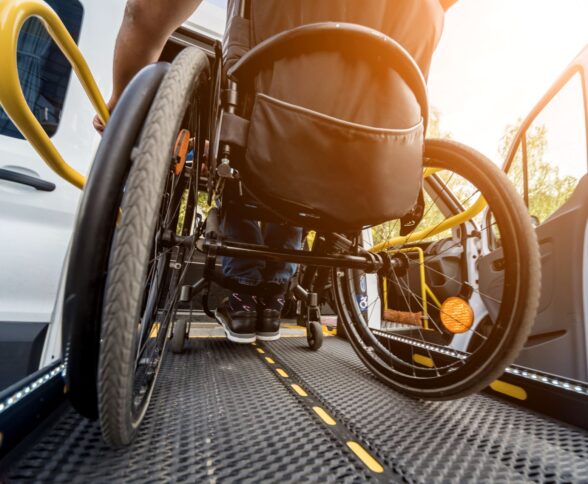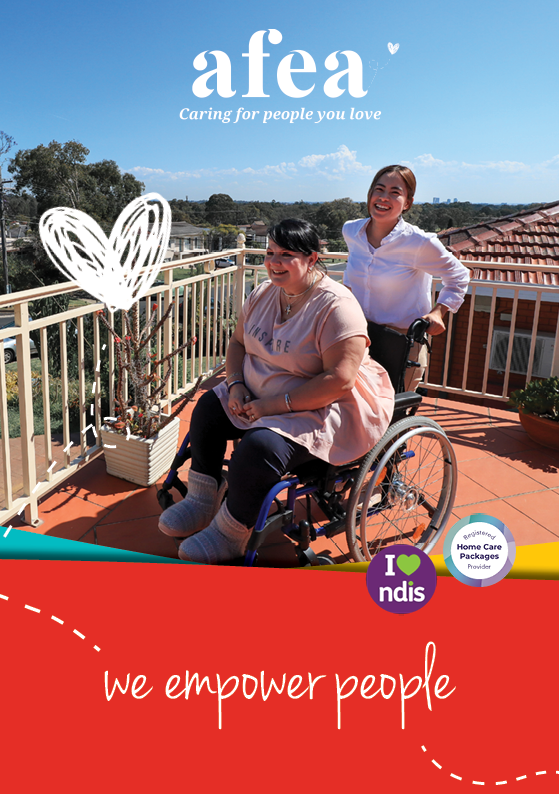Younger people in residential aged care or YPIRAC are people younger than 65 who live permanently in an aged care facility.
Aged care services are designed to support the needs of older people, but in exceptional circumstances, younger people enter residential aged care.
If you’re YPIRAC and live with a permanent disability, you might be eligible to access the NDIS.
NDIS support can also help you find accommodation that is more suited to your needs.
Why do younger people move into an aged care facility?
As per the Aged Care Act, a person younger than 65 can only be approved to move into an aged care facility in exceptional circumstances.
These exceptional circumstances are if the person is:
- Aboriginal or Torres Strait Islander aged 50-64;
- Homeless, or at risk of becoming homeless, and aged 50-64; or
- Maintaining family connection (e.g the person has been cared for by ageing parents who are now moving into aged care).
For younger people, other accommodation and supports should be thoroughly explored. Aged care services should only be used as a last resort if you’re younger than 65.
How can YPIRAC access the NDIS?
Ability First Australia (AFA) is responsible for operating the YPIRAC System Coordinator Program. This specialised team will contact you or your residential aged care facility to assess if you’re eligible for NDIS support. You can also contact AFA on 1800 771 663.
If you’re eligible, you’ll first have a conversation with an NDIA planner at a planning meeting to discuss your current situation and your goals.
Even if you’re not eligible for the NDIS, AFA system coordinators can help you explore other care and housing options.
What if I’m an existing NDIS participant who moves into an aged care facility?
An NDIS YPIRAC officer will assess if your existing supports are adequate. If you need additional support, the officer can conduct a plan reassessment.
If you move into an aged care facility
- before you turn 65, you can choose to remain a participant and continue to receive NDIS support after you turn 65
- after you turn 65, you will no longer receive NDIS support, as the aged care system will fund your support needs
Who will provide my support: the NDIS or aged care?
As an NDIS participant who live in a residential aged care facility, your support can be a mix of
- supports provided by your residential aged care facility
- additional supports funded by the NDIS
Your residential aged care facility provides accommodation that includes support from staff, cleaning services and even furniture.
Who will pay for my support?
The NDIA has an agreement with the Department of Health and Aged Care to pay some fees and charges for younger people in residential aged care.
The support category YPIRAC – Cross Billing will be included in your plan with stated items that will pay for your subsidies and supplements. (Learn more about stated items and the Cross Billing support category in our post.)
Depending on your needs and goals, the NDIS can also provide funding for additional supports.
What do I need to pay if I’m an NDIS participant living in an aged care facility?
You will still need to pay some fees that the NDIS can’t fund.
For example, the NDIS can’t fund the basic daily care fee that the residential care home charges residents. This is used to pay towards daily living costs, including your meals or laundry. You will need to pay this fee yourself.
What if I want to move out of the aged care facility?
The NDIS can provide funding so you can explore other housing options.
You can use your funding for:
- a support coordinator who can help you explore alternative accommodation
- capacity building supports to help you build your skills and confidence to move out
- supports that will enhance your independence and mobility, e.g. a powered wheelchair
- functional therapy assessments, which the NDIA may require as evidence if you wish to move to a Supported Independent Living home or Specialist Disability Accommodation
Reach out to Afea
We can assist you in many ways:
- Our Carers/support workers can provide a variety of support, from daily personal care to assisting you 24/7
- Afea’s Support Coordination team can help you prepare for your NDIS planning meeting and connect you with providers
- Afea’s Plan Management team can help you maximise your NDIS funding by keeping track of your spending and paying your providers on time
- We can also assist in finding the perfect home for you! We have years of experience in helping individuals transition into our Supported Independent Living homes. We also partner with Specialist Disability Accommodation providers to help clients who require fully accessible housing. Find out where our properties are and our current vacancies.















